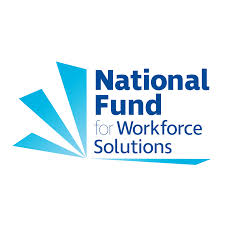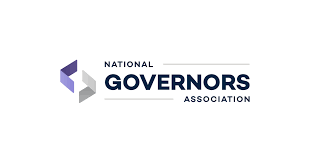Introduction High school completion and post-secondary enrollment are taken for granted by most K-12 students andtheir parents in the United States (Lippman et al. 2008; Pew Research Center 2011), but research points tosignificant educational disadvantages among youth with foster care … Read More
Resources

How Can You Not Drive? YOU CAN! DRIVE!
Introduction Few youths with foster care experience acquire a driver’s license given the absence of dedicated caregivers able to provide the resources to learn to drive. Lacking a driver’s license leaves these youths dependent on public transportation or friends who … Read More

Supporting Foster Youth and Their Family Connections: Policy and Practice Recommendations
In this study, a research team from UCLA learned directly from the youngest generation of foster youth transitioning into adulthood about the issues facing them personally and in relation to their family connections. We heard about issues that impacted them … Read More

From Evidence to Action: How Do We Establish Systems to Support Evidence Use?
Creating evidence is important. Creating usable evidence is even more so. But is it enough to just create high-quality usable evidence? If the evidence we generate is not used, we minimize our ability to achieve our shared mission of improving the lives of … Read More

How Positive Youth Development Approaches Can Inform Your Business Choices
Whatever the future of work may be, there’s one thing we know for sure: young people today will be doing most of it. The U.S. is currently going through one of the most profound demographic shifts in its history, with … Read More

Discrimination In Multi-Phase Systems: Evidence From Child Protection
Introduction Large racial disparities have been documented in many high-stakes settings—such as employment, healthcare, housing, and criminal justice—raising concerns of discrimination by individual decision-makers. At the same time, there is growing understanding that a focus on individual decisions can yield … Read More

Prenatal Drug Exposure: CAPTA Reporting Requirements for Medical Professionals
Why use this fact sheet? As medical professionals who work with pregnant patients, you face numerous medical, legal, and ethical decision points when treating a patient for substance use during pregnancy, and when providing care to a neonate with drug … Read More

Recommendations for Regulating Artificial Intelligence to Minimize Risks to Children and Their Families
From January 2023 to March 2024, multiple entities have published guidance on artificial intelligence (AI), underscoring growing public concerns regarding AI governance. Meanwhile, as federal and state legislators weigh the need for AI regulations to safeguard the public from various risks, recent discourse … Read More

Transforming How We Deliver Prevention Services
The 2023/2024 Prevention Resource Guide was created with input from a broad representation of national experts, including national child abuse prevention partners and colleagues on the Federal Inter-Agency Work Group on Child Abuse and Neglect as well as parents with … Read More

Building And Empowering Impactful Children’s Cabinets
Background Childrens cabinets typically comprise key public and private sector experts and can be critical to the cross-agency coordination of the Governor’s children’s initiatives. A powerful tool in a Governor’s arsenal, they can foster momentum across multiple different departments and … Read More
